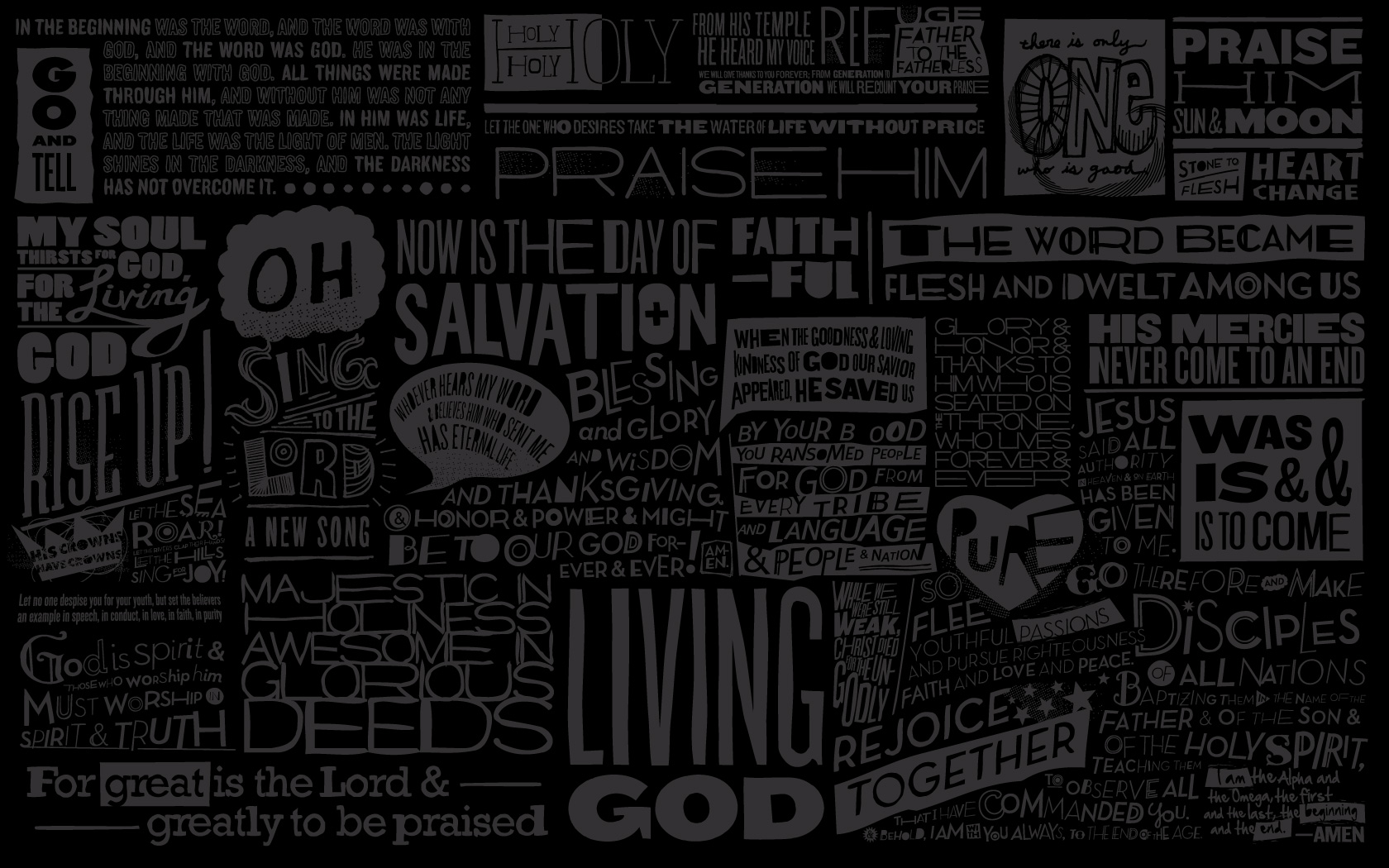Excerpted from Doxa: What You Believe Matters
There once was a seven-year-old boy who liked to help his mom in the kitchen. He’d come home after school, while she was baking, and he’d learn how to cook. His mom would write down recipes and put them in a cookbook so he could remember them. His mother had a knack for cooking, and because of his affection for her, the boy always wanted to go back and read her notes on how to make a great meal.
Now, over time the boy grew up and became a master chef. He became very confident in his ability to create a great meal, and so he stopped reading this old cookbook. He became more and more convinced of his ability to present something independent of all his experiences with his mom.
After a while, his enjoyment of cooking (even as a master chef) began to diminish. He didn’t find that he liked his recipes as much any more. He noticed that he wasn’t receiving the same number of compliments. He didn’t feel the same sense of connection with his mother that he did when he was a little boy and used to do these things.
Then, in the middle of his career, this fellow walked away from cooking. He didn’t use the cookbook anymore, and he didn’t really feel connected in the same way to his mom. He stopped cooking entirely, finding that he no longer enjoyed being in the kitchen or even remembering his childhood culinary adventures.
This story was relayed to me as a young boy, about the importance of learning and internalizing the Bible. There were a few key points here – that the Bible is meant to guide us, that it is a resource of instruction and history, etc – but mostly what stuck with me was the sadness of losing that connection with God. If for no other reason, we engage scripture primarily to stay connected with our Creator.
fossores
Dr. David McDonald is the teaching pastor at Westwinds Community Church in Jackson, MI. The church, widely considered among the most innovative in America, has been featured on CNN.com and in the Wall Street Journal, the New York Times, and Time Magazine.
David weaves deep theological truths with sharp social analysis and peculiar observations on pop culture. He lives in Jackson with his wife, Carmel, and their two kids. Follow him on twitter (@fossores) or online at fossores.com
Related posts
Categories
Category Cloud
Tag Cloud
Recent Posts
- Victors and Victims November 6, 2018
- 3 Hacks for Happiness October 29, 2018
- Hope Against Death September 20, 2018
- The Shape Of The Cross September 19, 2018


